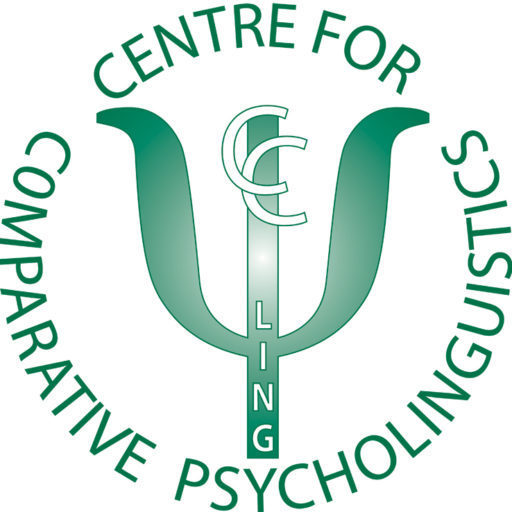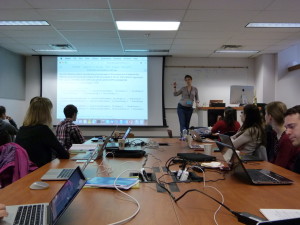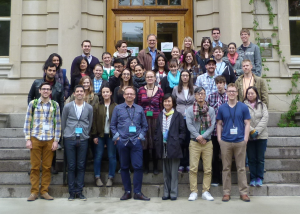Our third STEP conference in May of 2016 was a huge success, with students and researchers from 18 different institutions. Over the course of the 6 days we experienced excellent teaching, met new colleagues and developed a deeper understanding of several varied topics in Psycholinguistics.
Topics covered included:
An Introduction to R and Psycholinguistic Data Analysis (Vincent Porretta, University of Alberta)
Using Speech in Psycholinguistics: From Speech Synthesis to Spoken Word Recognition (Benjamin V. Tucker & Daniel Brenner, University of Alberta)
Exploring the Visual World Eye-Tracking Paradigm: Introduction and Data Collection & Analyzing the Time Course of Eyetracking Data (Jacolien Van Rij, University of Groningen, Vincent Porretta & Juhani Järvikivi, University of Alberta)
Implicit Grammar (Harald Baayen, University of Tübingen)
Conducting Research with Bilingual Children: Topics and Methods (Johanne Paradis, University of Alberta)
Simple Approaches to Building and Combining New Behavioral Psycholinguistic Techniques (Gary Libben, Brock University)
Methods in Phonological Acquisition Analysis (Anne-Michelle Tessier & Kayla Day, University of Alberta)
An Introduction to Using GAMMs for Analyzing Eyetracking Data (Jacolien van Rij, University of Groningen)
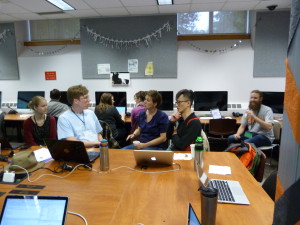
Some highlights from the week include a Linguistics Grad Students event featuring Dr. Gary Libben, hands-on eyetracker training in the CCP labs and the day-long GAMMs workshop with Dr. Jacolien van Rij.
Here are some responses from past STEP attendees:
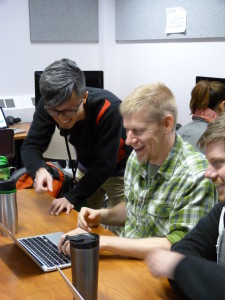 “The instructors were so willing to listen and talk and explain.”
“The instructors were so willing to listen and talk and explain.”
“…it was helpful when there were two instructors and the second one could trouble-shoot individual issues while the first kept the class on track.”
“The way that the eye tracking course was structured was great – it’s rare to have training in the whole process of data collection and analysis using the same data.”
“Overall, the teaching was excellent and the instructors very generous with their time. “
“…I liked that the lab activities forced you to interact and really try to work with the data”
